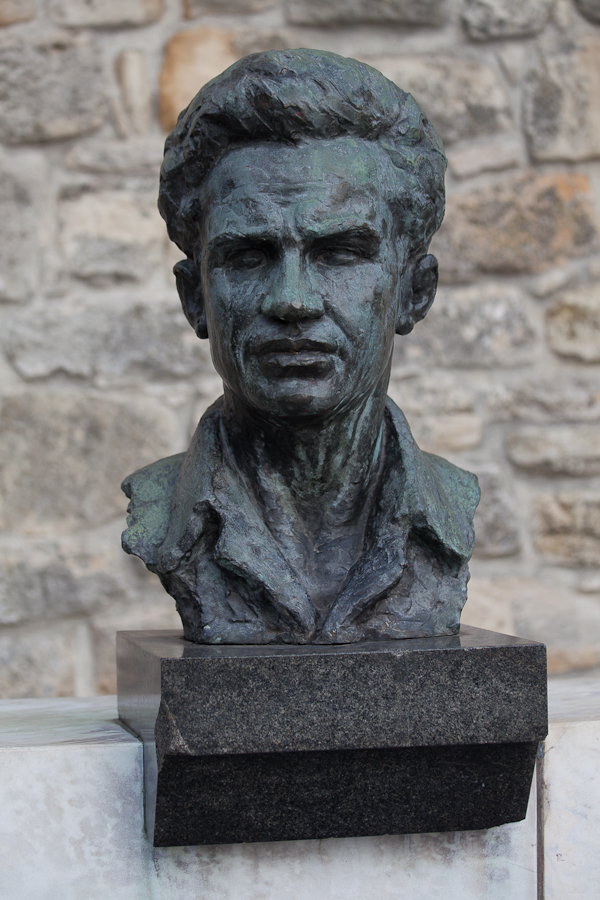
comments disabled
Ivo Lola Ribar
Published 14.01.2013. [13:52]
Ivan “Ivo Lola” Ribar (23 April 1916 – 27 November 1943), was a Yugoslav communist politician of Croatian descent, who achieved National Hero status thanks to his contributions in the fight against fascism.
Ribar was born in Zagreb and lived most of his life in Belgrade, where he graduated from the University of Belgrade’s Law School. During his studies he joined the Communist Party of Yugoslavia and since 1937 led the Youth Commission, and he travelled around Europe visiting Communist conferences in Brussels (1935), Geneva (1936) and Paris (1937).
In 1940, the Royal Yugoslav authorities incarcerated him in Bihać for being a Communist, and later in the year he was put in charge of the League of Young Communists of Yugoslavia (SKOJ). When the Second World War started in Yugoslavia, he was a member of the Central Committee of the Party and soon joined the Supreme Command of the Partisans, where he worked with Josip Broz Tito and Edvard Kardelj on the plans for resistance.
In October 1943, Lola Ribar was named as the chief of the first Partisan military mission to the Mediterranean Allied Command. However, just before embarking on an airplane trip in a captured German plane to Cairo, he died in the German bombing of the Glamočko polje airfield in south-western Bosnia. He was posthumously proclaimed a People’s Hero of Yugoslavia. Two members of the British Military Mission to Yugoslavia, William Deakin and Fitzroy Maclean, wrote about the circumstances of the death of Ribar and two British officers from an attack by a small German aircraft, and Maclean said that he was an outstanding younger leader who “seemed destined to play a great part in building the new Yugoslavia”.